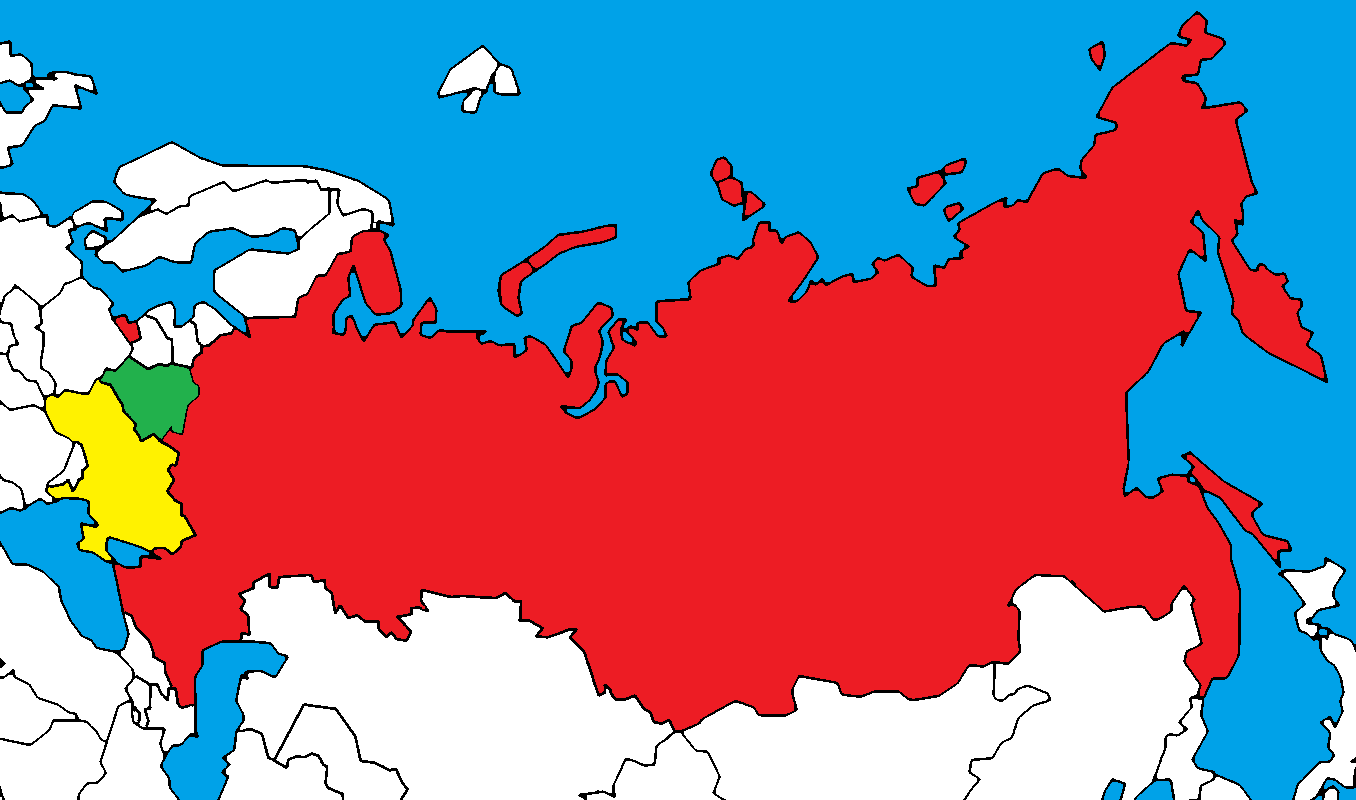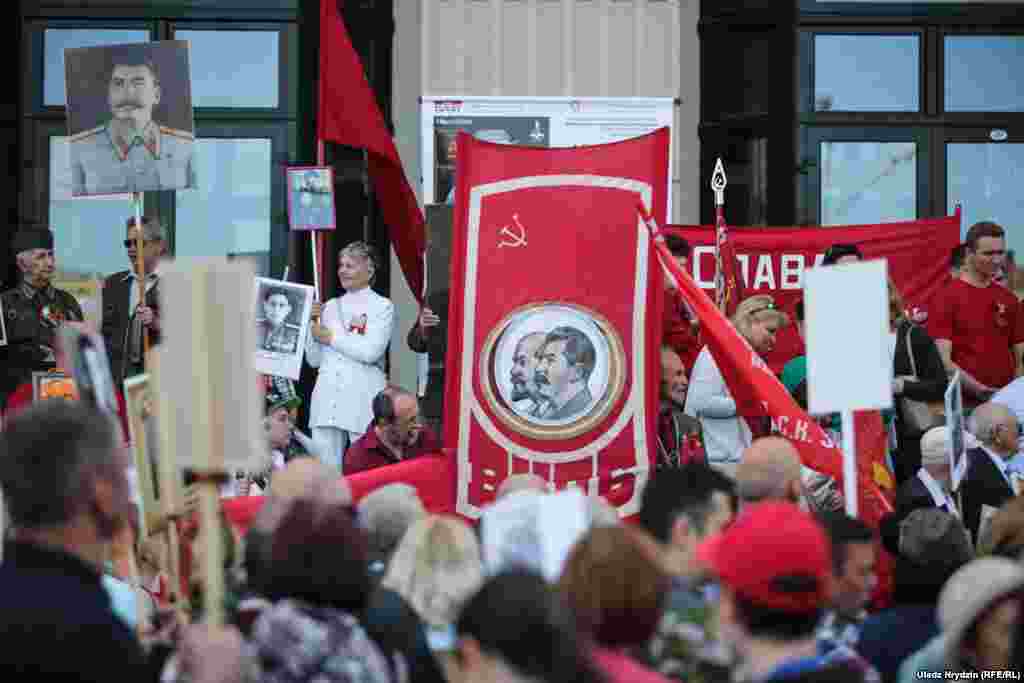Further Reading:
- Despite common poverty, rural Ukraine and rural Belarus now two different worlds
- Constantinople: Moscow could be stripped of autocephaly, while Belarus could gain it
- Lukashenka tells Putin’s new man in Minsk: ‘Belarus will not ever be part of Russia’
- Moscow officials currently preparing for Anschluss of Belarus, Larionov says
- The next domino – Belarusian Orthodox hope for autocephaly
- West’s paramount task is to prevent Belarus from being swallowed up by Russia
- Putin’s man in Minsk unlikely to achieve Putin’s purposes, Yegorov says



